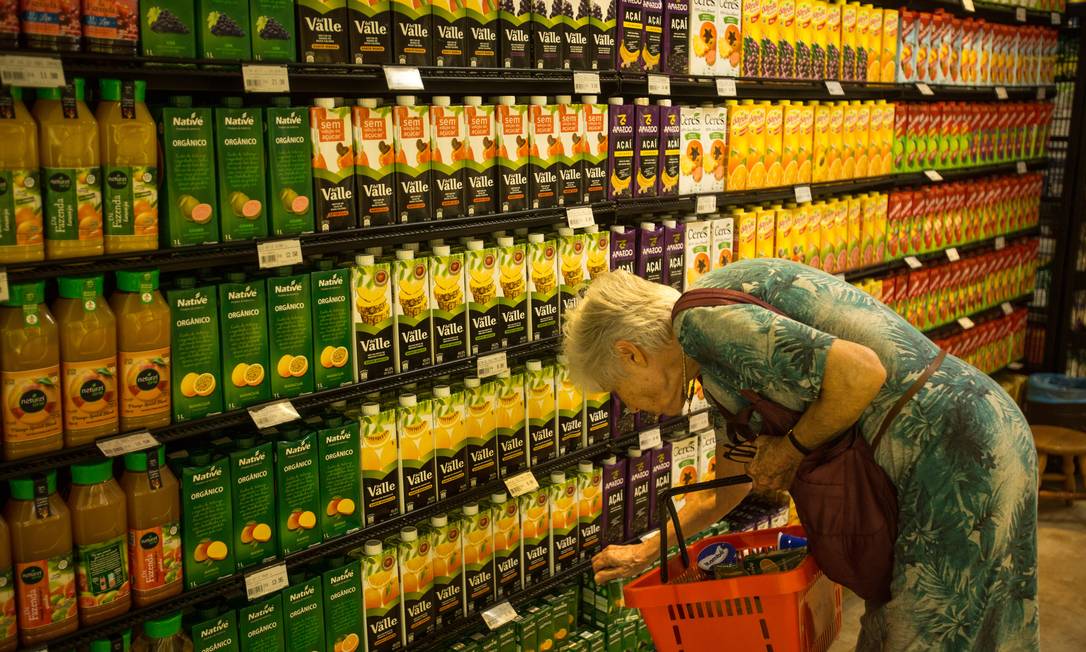The current tax policy on sugary drinks within the Manaus Free Trade Zone (MFTZ) creates tax distortions, and has adverse effects on public health. Conservative estimates suggest that in 2021 alone, the foregone revenue from the Industrialized Product Tax (IPI) amounted to approximately USD760 million in lost revenue, attributed solely to the production of sweetened beverages. The growing presence of ultra-processed foods in the average Brazilian diet is also cause for worry, with such products often being chepaer than healthier alternatives, accounting for 19.7% of the total calorie intake.
A 2018 survey found that the average Brazilian consumes 61 litres of sugary beverages every year, only behind Mexico and the United States. The findings of a 2023 study, estimated that every year, fifty-seven thousand premature deaths in Brazil occurred due to the ingestion of these sugary products. Addressing this issue through a tax on sugary beverages not only has the potential to generate revenue, but also to promote healthier diet choices which could potentially save thousands of lives every year.
Policy Overview
The chain reaction of policy failure begins from the federal decision to waive the Industrialised Product Tax (IPI) in Manaus, the capital of Amazonas, a measure to incentivize companies to establish business in Northern Brazil. Additionally, prominent companies benefit from further incentives when purchasing sugar syrups and concentrates locally. In other words, these producers get credits for taxes that they never actually paid.
The excessive government spending does not end after the beverages are bottled, packed, and shelved. The Argentina-based Instituto de Efectividad Clínica y Sanitaria (IECS), a WHO collaborating centre affiliated with the University of Buenos Aires, estimates that Brazil’s Universal Health System spends R$2.9 billion each year on patients suffering from diseases that are related to the consumption of sugary beverages. This includes conditions that arise from or with obesity, diabetes, cardiovascular and renal diseases.
The tax incentives in the MFTZ, introduced in the 1990s, were initially intended to be temporary, but have been repeatedly extended, with the current waiver set until 2073. The official justification is that incentives offer judicial security and stability for companies, although Coca-Cola and AB InBev played a crucial role in pressuring the federal government to extend benefits each time they were discussed in Congress.
Going Forward
The Constitutional Amendment Proposal (PEC) 45/2019 is currently in the Senate and can still be edited. It lays out a comprehensive tax reform plan and is a timely opportunity to introduce taxes on processed and ultra-processed items, which include carbonated drinks, sweetened teas, fruit drinks with added sugar, and beer. Some estimates say that it could bring in R$2,4 billion every year – almost as much as Brazil spends treating diseases related to ultra-processed foods.
There is strong evidence that this kind of tax is effective. In the United Kingdom, it is estimated that the sugar tax prevents six-thousand obesity cases every year. A year after Mexico introduced a 10% tax on sweetened drinks, there was a 5.5% decrease in sales, and 9.7% after two years, according to an editorial published by The Lancet.
Importantly, this would not only be a politically feasible policy but also, a popular one. In a 2021 poll conducted by Datafolha, 67% of Brazilians said they were in favour of increasing taxes on sweetened drinks such as sodas and juices.
Conclusion
Implementing a sweetened beverage tax in Brazil presents a multifaceted solution to address both economic and public health concerns. By rectifying the distortions created by the Manaus Free Trade Zone tax policy and introducing taxes on sugary drinks, Brazil not only stands to recover significant revenue, but also fosters a culture of healthier consumption. The alarming statistics of premature deaths and healthcare expenditures highlights the urgent need for action. The constitutional Amendment Proposal (PEC) 45/2019, provides the opportunity to emulate the successes of other nations in curbing harmful consumption patterns while simultaneously generating substantial funds for vital public services. With strong public support and compelling evidence of effectiveness, a sweetened beverage tax can pave the way for a healthier, more prosperous Brazil, one sip at a time.




